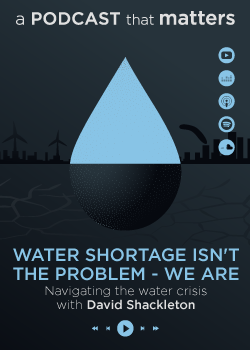Print

Renewable bio-hydrogen production technologies from lignocellulosic waste and sewage sludge co-fermentation: LIFE21-CCM-ES-LIFE REPTES
Details
Locations:Spain
Start Date:Aug 1, 2022
End Date:Jan 31, 2026
Sectors: Energy, Environment & NRM, Pollution & Waste Management (incl. treatment), Science & Innovation
Categories:Grants
Funding Agencies:
Date posted:Jan 5, 2023
Description
Programme(s): Programme for Environment and Climate Action (LIFE)-undefined
Topic: LIFE-2021-SAP-CLIMA-CCM
Type of action: LIFE Project Grants
Project ID: 101074329
Objective:
Huge amounts of rice straw are burned annually in the rice fields situated close to Albufera Natural Park (Spain), meaning massive emissions of greenhouse gasses (GHGs) and particulate matter that affects the quality of life of surrounding populations with an important environmental impact. In Albufera, 5-6 tonnes of straw are produced annually in each of the 14,700-hectare cultivated. The management of this bio-waste supposes a high impact in the economy of the farmers, when other techniques different of burning or burying are used. This situation is repeated yearly in other regions of Europe that are main producers of lignocellulosic crops like rice or wheat. Albufera park accounts for around 20% of the rice straw nationwide, being Spain the second country of rice production in the EU. Other countries at the EU level in rice production would be Italy and Greece, while countries such as Germany and France are producers of other lignocellulosic residues. LIFE REPTES new circular model will allow the valorisation of the rice straw, together with sewage sludge, by the production of renewable gas biofuels (biohydrogen and biogas) thanks to the implementation of a combination of technologies. The most innovative and the core technology of the project is the dark fermentation process (DFP) to produce biohydrogen, but the technical and economic success of the model is backed by an innovative methodology for pre-treating the rice straw prior to DFP. Furthermore, the project will demonstrate the potential of the fermented streams as co-substrate when used in anaerobic digestion in WWTPs, boosting the biogas yield by 10-43%, as it will be demonstrated in Pinedo WWTP, the biggest one of Valencia Region. LIFE REPTES will allow, not only improving the welfare of the citizens surrounding areas of lignocellulosic extensive cultivations, thus avoiding GHGs emissions and the biowaste valorisation, but also creating a new profitable and bioenergy efficient business model.
